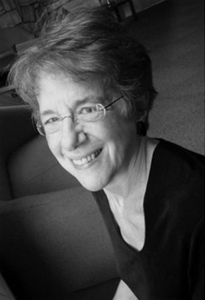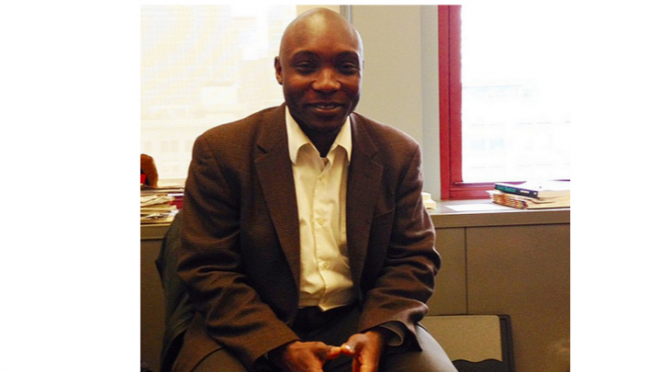Multicultural Communities for Mobility (MCM) advocates for safe, equitable streets for & with people who walk, bike, and use public transit in Los Angeles.
The Program and Policy Coordinator will be responsible for developing and implementing programming and managing volunteer roles for events and activities, and serving as an ambassador for MCM at local meetings, leadership convenings, and conferences.
Program Management Responsibilities:
The Program and Policy Coordinator will convene the MCM programs committee to guide, organize logistics, monitor, and evaluate all programming identified during an annual strategic planning meeting involving MCM’s advisory board. The coordinator may also have the opportunity to create new programs that fit their interests in research, policy development, and community organizing. This person will work actively with the Advisory Board and volunteer Program Committee members.
Policy-related Responsibilities:
This position is expected to develop social and political capital for MCM by representing the organization in meetings with public officials and/or staff, as well as by serving in coalitions. The ideal candidate is passionate about social justice, growing partnerships, serving communities of color, and improving access to walking, biking, rolling, and transit use in communities.
The ideal candidate:
- Is confident in their communication abilities and interpersonal skills (in-person, on the phone, via e-mail, and on social media)
- Is concerned with cultural humility and learning about people’s personal and cultural identities
- Has experience with non-profit organizations
- Is detail and deadline oriented; self-motivated and can work independently
- Has great time management skills
- Has excellent written and verbal communication skills with a variety of individuals
- Has the ability to work with in groups of all sizes and levels of professional experience
- Is fluent in English and Spanish
- Is a great team member and team leader
- Is open to working remotely, from home, and in the field
- Is available to work 20-28 hours a week
- Has a fantastic sense of humor and is down for La Causa
Salary range for this part-time position is $23,000 – $30,000 depending on experience and qualifications.
Please send cover letter and resume to Betty Avila, MCM Board Chair at betty@multicultimobility.org. Deadline to apply is November 15, 2015. Women, LGBT, and people of color highly encouraged to apply.







